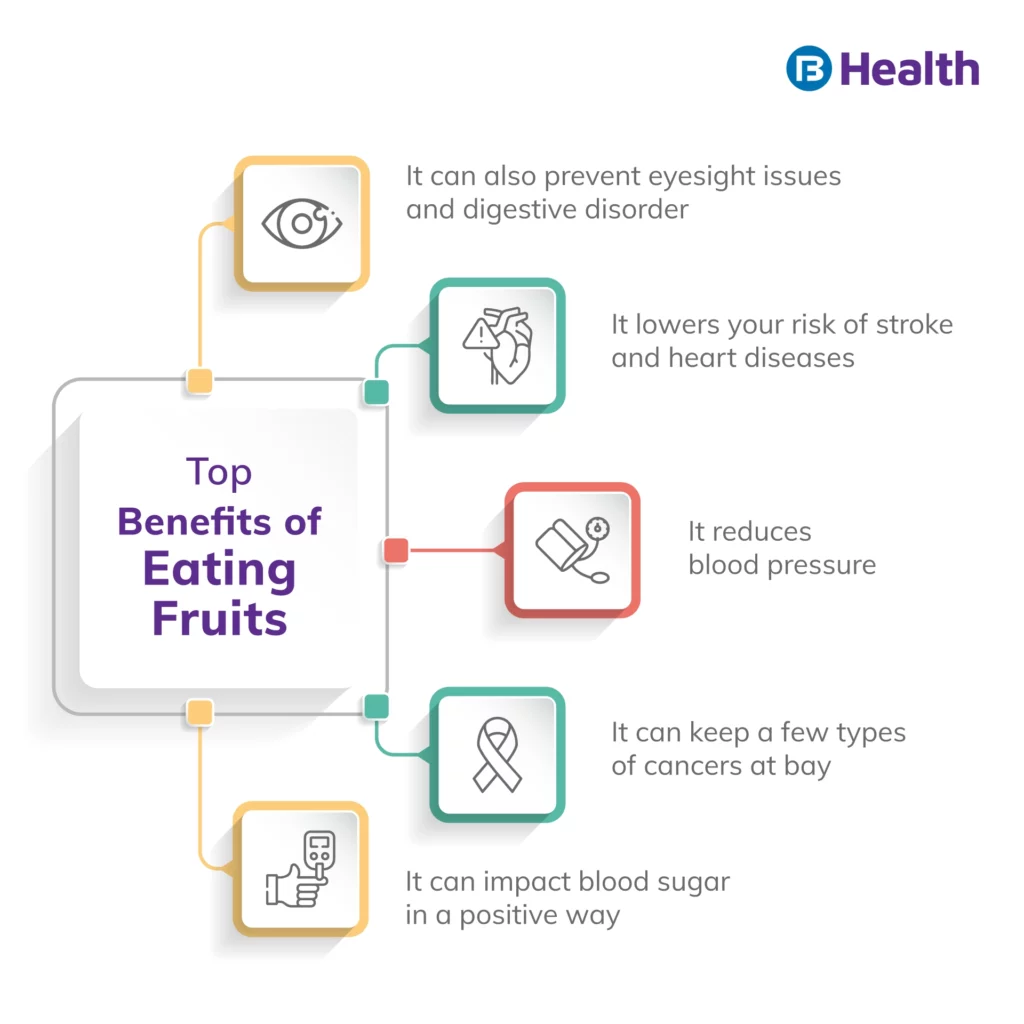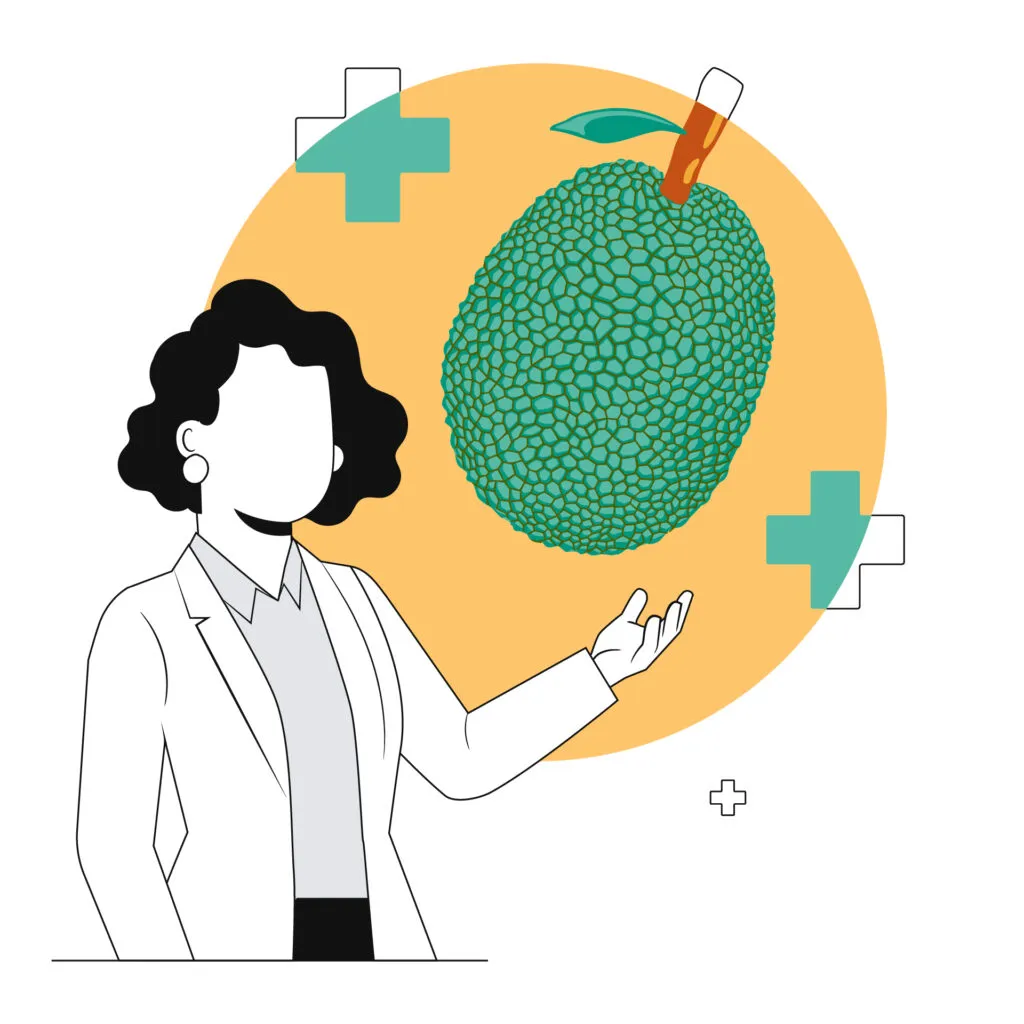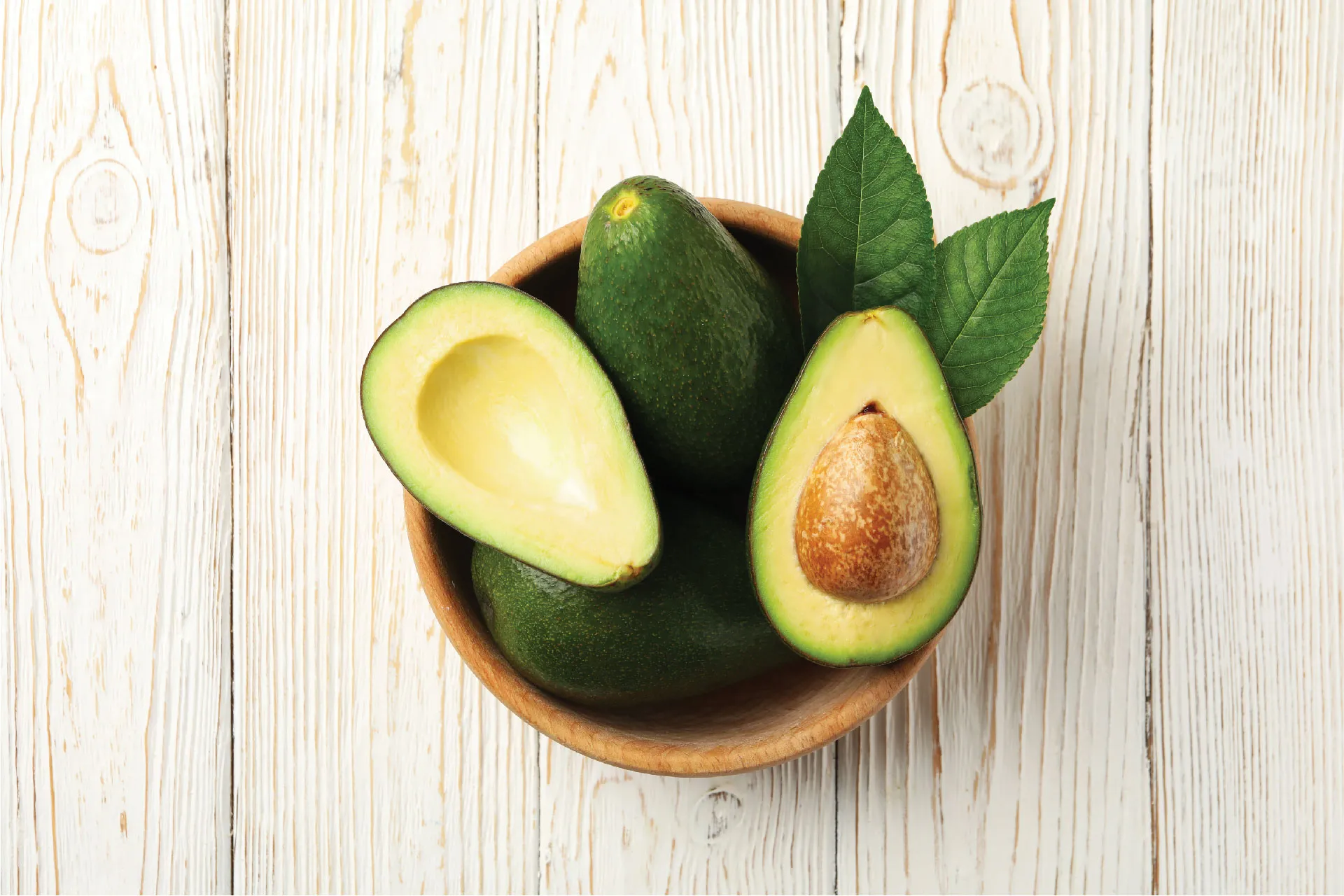Nutrition | 5 min read
Top 10 Protein Rich Fruits to Add to Your Diet Meal
Medically reviewed by
Table of Content
Synopsis
Whether you prefer meat or non-meat protein, these protein-rich fruits must be there in your diet. Find out how these fruits high in protein play a key role in boosting your health parameters.
Key Takeaways
- It is important to consume protein-rich fruits for a balanced diet
- Protein-containing fruits are also packed with other major nutrients
- On average, people need to consume 50 g of protein a day
When it comes to nutrition, your body needs a balanced amount of all the essential nutrients to maintain a healthy balance. Protein is one of the key nutrients, and there are various sources for protein intake. However, whether you prefer meat protein or non-meat protein, protein rich fruits are something you must add to your diet. Consuming fruits and vegetables high in protein, fibre, vitamins, minerals, and antioxidants is important to have a wholesome diet.
Wondering how to get started with a diet filled with fruits high in protein? Read on to know about the daily requirements of protein and the top high-protein fruits you can add to your meals.
For most people, consuming 50 g of protein a day is a standard value, also known as the daily value (DV). If you consume one cup of fruit, it usually contains 1-10% of the DV for protein. Top protein-containing fruits include oranges, guavas, bananas, avocados, blackberries, kiwis, apricots, peaches, raspberries, and more.

Here are details of the top high-protein fruits which are nutritious as well as a delight to your taste buds.
Orange
This is one of the most delicious protein rich fruits available mostly in the winter. With one medium orange, you get 1.2 g of protein. It is also an excellent source of vitamin C. It is important to chew the flesh of the orange and eventually swallow it to utilize the whole nutritional value. Try utilizing the whole nutritional value of an orange; it is important to chew the flesh and swallow it.
Additional Read: World Vegetarian DayGuava
With a cup of guava comes 4.2 g of protein. One of the top protein rich fruits available in India, guava also has tons of fibre and vitamin C. You can bite and chew it just like an apple. Due to its ethnomedicinal history, guavas are considered by many as a magical fruit [1]. The skin and seeds of guava are also edible, so there is nothing to leave of the fruit.
Banana
One banana of medium size can provide 1.3 g of protein. They can slow down the absorption of sugar in the blood and are also an excellent source of potassium. As a result, consuming bananas can boost your energy before and during workouts.
Jackfruit
When it comes to protein content, jackfruit ranks quite high among fruits, with 2.8 g of protein per cup. There are plenty of recipes you can prepare with jackfruit. While ripe jackfruit is sweet and delicious, you can use unripe jackfruit in different vegan dishes. You can also roast or boil the seeds of ripe jackfruit to make them crunchy. Thus, jackfruit is a unique type of protein rich fruits, which you can consume in different forms.
Avocado
Guacamole is a popular recipe made from avocados. One cup of sliced or cubed avocado contains 3 g of protein. If you consume it as mashed avocado, you will get 4.6 g of protein per cup. Avocados also fill your body with other nutrients such as potassium, fibre, and healthy fats. You can also consume this fruit as a sweet dish with peaches and honey.
Blackberry and Raspberry
Unlike other berries, blackberries and raspberries are excellent sources of protein. While blackberries have 2 g of protein per cup, raspberries are not far behind with 1.5 g of servings per cup. You can eat these protein rich fruits alone or blend them with yoghurt for a protein-filled delicious delight.
Kiwi
With about 2 g of protein per cup, kiwis are a nutritious addition to your diet. You can consume it as it is by making slices. Consumption of this fruit is beneficial for people with heart diseases, stomach disorders, cancer, kidney problems, and more [2].
Apricot
One of the delicious and nutritious protein rich fruits, apricots come with 2.3 g of protein per cup. You can also consume dried apricots, which provide 1.1 g of protein per quarter cup.
Peach
Peaches are a great source of protein, with 1.53 g of protein per cup. This fruit also provides other nutrients such as carbohydrates, fibre, and different vitamins and minerals.
Additional Read: Protein-rich foods
Cherries
One of the sweetest protein rich fruits in the market, cherry comes with 1.6 g of protein per cup. You can eat them as they are or freeze them later in smoothies.
Grapefruit
A medium grapefruit has an average of 1.6 g of protein. Not just that, grapefruits are also rich in vitamin C. So you can use it in smoothies, muffins, parfaits, and more.
Raisins
If you are looking for dry fruits with high protein, raisins or dried grapes are a wise choice. One ounce of these contains about 1 g of protein. You can consume them with cakes, nuts, oatmeal, salads, and more.

Conclusion
Along with these protein rich fruits, make sure to add other protein-rich food sources to your diet. Among fruits, also go for fruits good for the liver, fruits that boost the immune system, and more. You can live a healthy and fulfilling life with immunity-booster dry fruits such as walnuts, raisins, and almonds. Before switching to a high-protein diet, book an online doctor consultation on Bajaj Finserv Health to clear any doubts regarding your choice of food. During a consultation, a general physician or nutritionist registered with the platform will guide you in choosing a suitable high-protein diet per your health conditions. To say ‘Yes’ to nutrition, get a diet plan from your doctor and start following it without failure!
FAQs
What is our daily protein requirement?
In the case of average sedentary adults, the daily protein requirement is usually 0.8 g per kg of body weight.
What are the top high-protein fruits?
Top high-protein fruits include oranges, guavas, bananas, avocados, blackberries, kiwis, apricots, peaches, raspberries, and more.
References
- https://www.researchgate.net/profile/Shakib-Uzzaman-2/publication/330702066_A_short_review_on_a_Nutritional_Fruit_Guava/links/5c543235a6fdccd6b5d93c14/A-short-review-on-a-Nutritional-Fruit-Guava.pdf
- https://ifst.onlinelibrary.wiley.com/doi/abs/10.1111/jfpp.15588
Disclaimer
Please note that this article is solely meant for informational purposes and Bajaj Finserv Health Limited (“BFHL”) does not shoulder any responsibility of the views/advice/information expressed/given by the writer/reviewer/originator. This article should not be considered as a substitute for any medical advice, diagnosis or treatment. Always consult with your trusted physician/qualified healthcare professional to evaluate your medical condition. The above article has been reviewed by a qualified doctor and BFHL is not responsible for any damages for any information or services provided by any third party.





